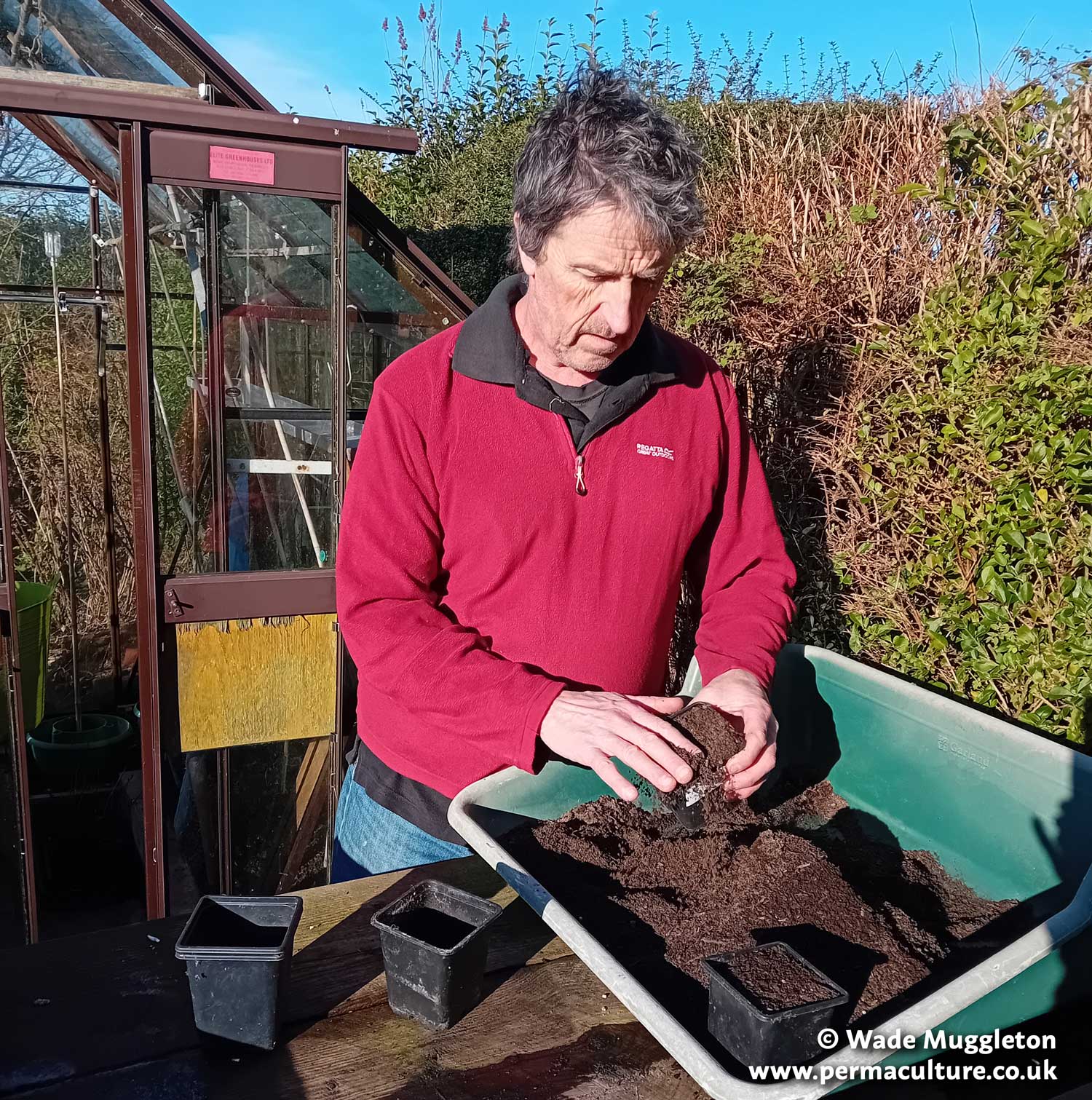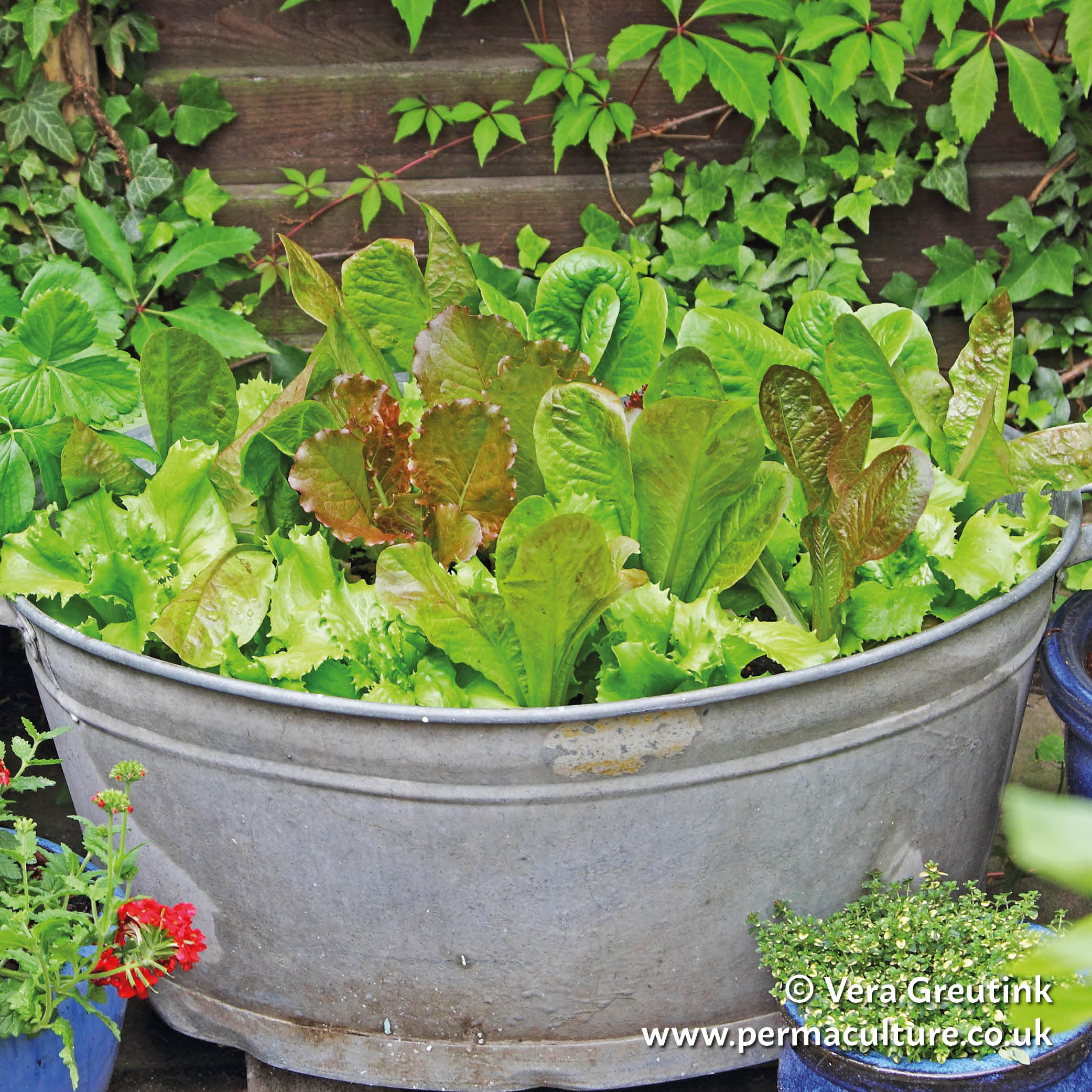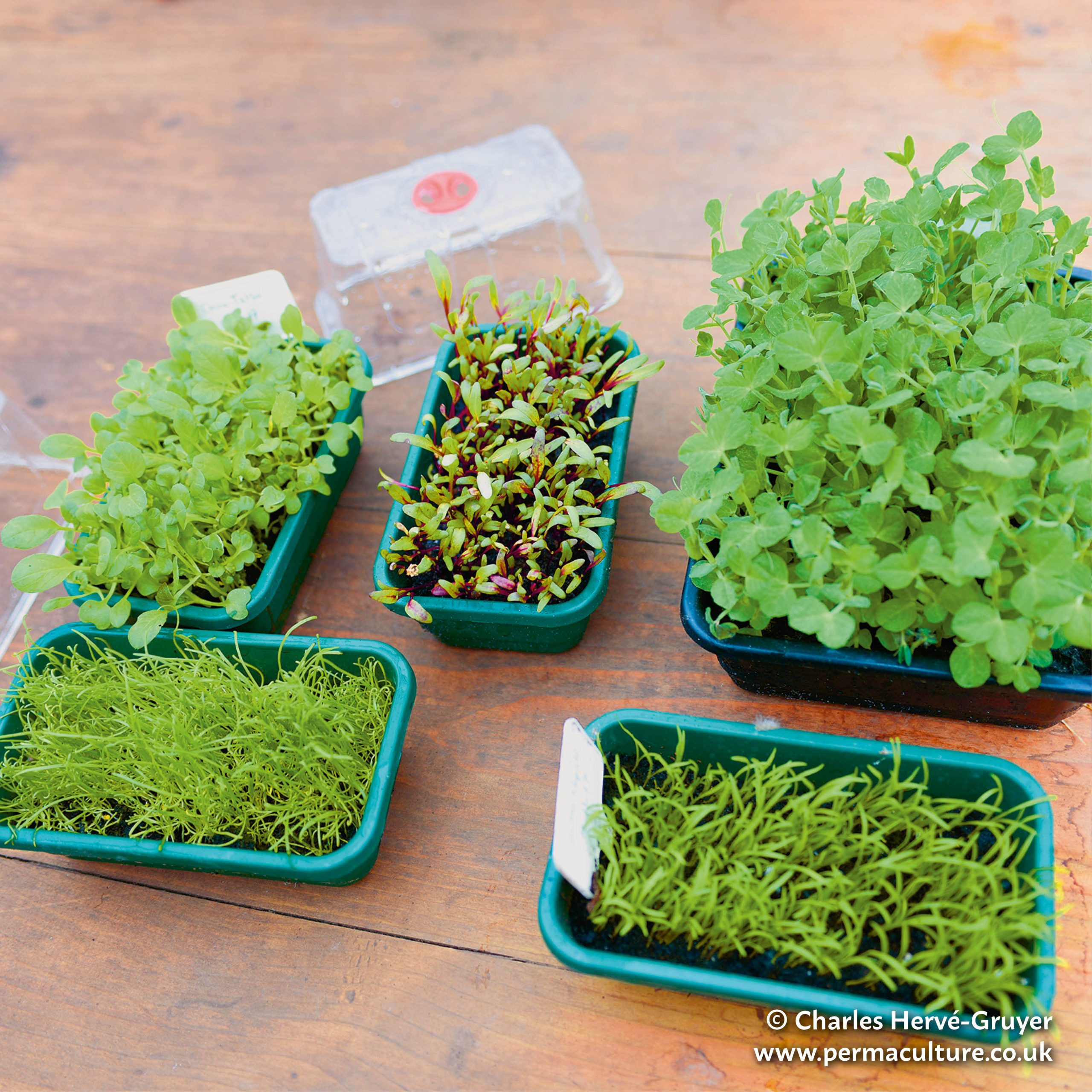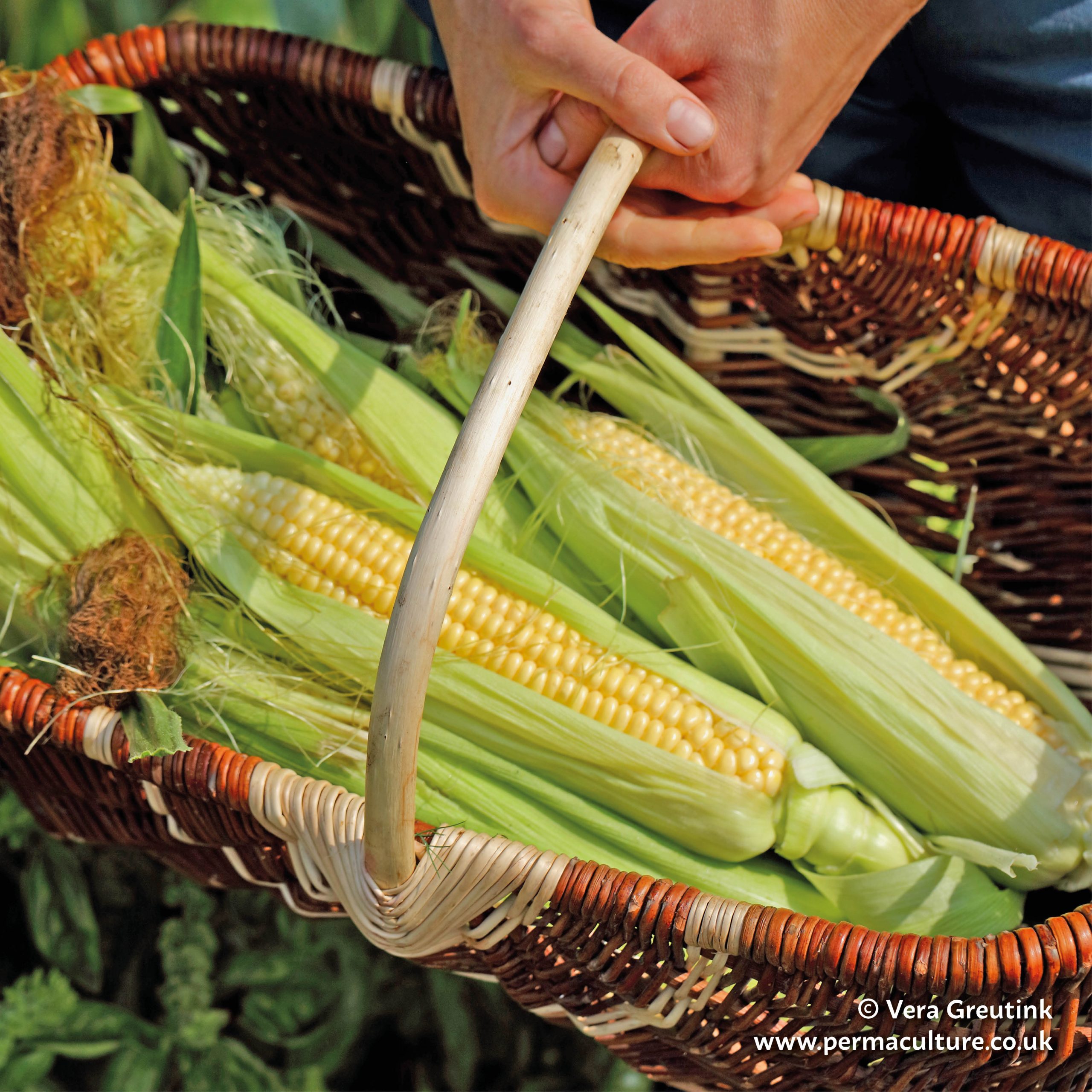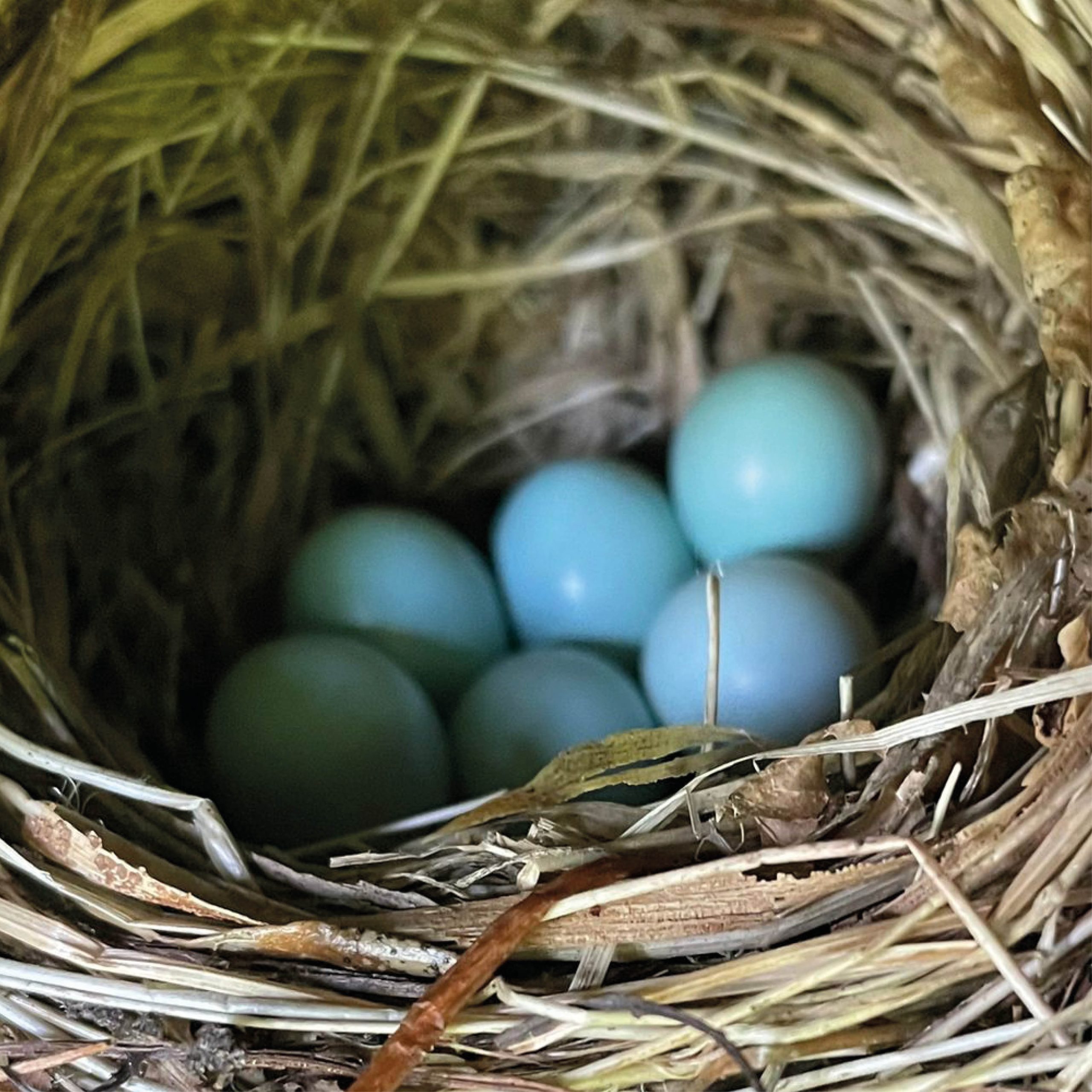Every time I pick up one of Looby’s books, I’m intrigued by the title but a little dubious about whether the book itself is going to apply to me. This one was no different.
“Thinking differently? I’m good at thinking differently. It’s thinking the same as anyone else that’s difficult…”
“No-one’s gonna tell me how to think, so no point reading that. I’ll just get angry.”
But curiosity got the better of me in the end, and, as I’d been so wrong about her last book, People and Permaculture, I was rather hoping I’d be wrong about this one too. And I was.
The first thing I noticed was the list of seven ways, which are:
Abundance thinking – living in gratitude and balance;
Solutions thinking – believing there are solutions to any problem;
Systems thinking – sensing the interconnectedness of all life;
Thinking like nature – discovering nature around us reflected within us;
Thinking for the future – considering larger timeframes;
Co-operative thinking – learning to collaborate with each other; and
From thinking to doing – moving into action and turning our dreams into reality.
They all resonated with me perfectly, though I’d never analysed them enough to put them into words. They felt like a journey of self-discovery, and I’m busy working on number six and wishing I was better at number seven. But what was interesting was the way Looby discovered them. She had studied the Work that Reconnects, which imagines us moving through a multi-stage spiral of discovery, and also permaculture design and ways of thinking. She noticed that they follow similar shifts in thinking, and distilled out her list of seven ways from the synergy between them. I found this fascinating as when I’d first read the list of seven ways, they felt like my own journey of the mind, and I thought maybe Looby was on to something pretty fundamental to us all.
As I continued reading, I found many wonderful eye-openers. This was one that stuck with me.
“If you make a circle with your thumb and forefinger and hold that circle in front of you and look through it what do you see? Someone sitting beside you doing the same thing will see something different. If you move your hand closer to your eye you will get a different view, the object that filled the circle before is now less significant, just a detail in a bigger picture. Neither is more ‘correct’ than the other, just different.”
On one level this was about accepting other people’s viewpoints, and thus learning to see the ‘wider picture’. It also reminded me of the way we try to moderate here on permies to encourage people to share ‘their viewpoint’ rather than ‘the truth’. But on another level it wasn’t just about viewpoints, it was about the way we think. I’ve always been one for thinking ‘outside of the box’. Mostly because I’m a bit aspergy and don’t see ‘the box’ like other people do. But that doesn’t mean I don’t have one! My thinking may be different, and more expansive, and focused in a different way, but it’s still *my box*. And learning see, and think, in other ways will only expand it even more.
I loved Looby’s discussion of metaphors, too.
“Using metaphors can be a valuable way of looking beyond the surface and seeing the hidden structure. We can use the patterns from other activities to explore a problem and search for solutions. For example when I am thinking about my poly income (my income from several different sources) I was initially focused on the metaphor of juggling. Not being able to juggle I realised that the metaphor I was using was not helping me to view the benefits of what I was doing and all I was thinking about was dropping balls. So I switched metaphors to something I enjoyed. Firstly I tried a cooking metaphor. I saw how different activities took varying times to prepare and then to ‘cook’. How some things can be prepared in advance, some left on the back burner, and some things need to be taken off the heat occasionally.
“This helped me recognise the need for preparation and maximising the use of time in between activities, and not letting things burn by having too much going on. It reminded me that part of abundance thinking is giving thanks, and enjoying the meal is a vital part of the process. I also tried a gardening metaphor to gain insights. Here I saw the benefit of having a healthy soil for any plant to grow in, this led me to prioritising self-care to build my energy for everything I did. I saw that here too there are different timings and growth rates. Linked with abundance thinking I recognised the importance of harvesting yields from my efforts and celebrating them. In the garden, nutrients from one plant can feed another, in my work life, my teaching contributes to my writing and vice versa, increasing the productivity and effectiveness of both. There are many connections between the different things I do and instead of seeing them as isolated parts they came together in a vision of one garden as I explored this metaphor.”
I love that idea of playing with different metaphors to see what insights they can bring. Over the years I seem to have become stuck on just one or two. I always use either trees, or walking along a forest path. Maybe I need to branch out more. Dang, I’m doing it again…
The chapter I love most though was the one on Cooperative Thinking. This has very direct analogies I can use to help me in my role as mother tree on permies. The first section, The Beehive, was a great introduction.
“While bees have different roles and functions within the hive they all have the same goal in mind of contributing to a healthy colony, while still maintaining freedom of individuals.”
That’s exactly what I’m aiming at!
Other sections discussed beneficial relationships and guilds, power-with rather than power-over, co-creating, collective circle of influence, opposite thinking, benefits of co-operative thinking and discovering abundance, all of which have helped me to understand my role here a little better.
But if the first chapters have mirrored my own life’s journey of discovery, it’s the final chapter that I really have to get to grips with and move on to, From Thinking to Doing.
“Moving to doing is essential on our personal and collective journeys to improving our lives. All the thinking in the world won’t resolve the problems – action is crucial. Our actions can inspire others and demonstrate to the world what is possible.”
But how could I do more? I’m kind of wrapped up now just doing all the day-to-day stuff on permies. But as I read that chapter, a little voice from the chapter on Cooperative Thinking kept coming back to me.
“By not asking for help, the opportunity for someone to give help and feel connected and valued is also lost.”
And that is something I needed to think about. I’ve got stuck in one phase of my journey, and I need help to move on to the next phase. And by not asking for help, I’m denying others their chance to move along in their own journeys. So I tapped in to the team of volunteers here, and they are stepping up doing more and more, and now, hopefully I’m a little freer to do other things. Starting with this review!
So looking back on the book, it has already changed my life. It’s packed full of eye-openers and thought-provokers. It’s small, not too daunting to either read or purchase, and it’s there to help you on your journey, not to completely re-direct it. I’ve enjoyed comparing my journey to Looby’s, and it has expanded my mind in ways I didn’t expect. And no-one was telling me how to think after all. And I didn’t get angry, I got grateful. Which seems to be starting a whole new cycle for me. Thank you Looby!
This review originally appeared here: www.permies.com/t/39593/books/Ways-Differently-Looby-Macnamara#348539
Burra is a moderator for Permies.com and loves reading and reviewing books.

